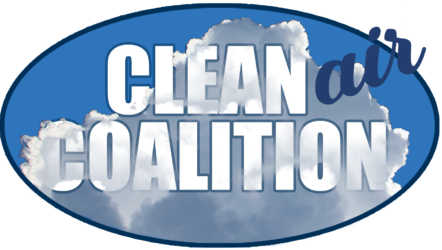3 CALLS TO ACTION
1. Contact Senator Michelle Hinchey at 518-455-2350 and urge her to introduce a bill banning tire burning in New York State because of the Lafarge/Holcim risk. She is a champion on energy, environmental protection, and economic development representing Senate District 46.
2. Write Letters to the Editors expressing your views on what you learned about the imminent health threats of burning tires and waste for fuel vs. coal in cement kiln incinerators. Write to the following
Albany Times Union – Letters are considered for publication but keep letters at 250 words. If your letter is going to be published, you will receive a phone call from the Times Union for verification purposes within a week of submission. Include your full name, address, and phone number with your letter.
Schenectady Gazette – Letters are limited to 250 words, but shorter letters are preferred and will get preference for timeliness and space. All letters are subject to editing for length, style, fairness, and libel. Writers are limited to one letter every 30 days.
Ravena News Herald – Maximum 1000 characters – the form counts for you.
Altamont Enterprise – Include your full name, address, and phone number with your letter to Melissa Hale-Spencer, Editor at mhale-spencer@altamontenterprise.com
Spotlight News – Include your full name, address, and phone number with your letter.
Post Star – All letters must be 300 words or less, and publication is limited to two letters per person every 30 days.
-The letter writer must always be identified and their place of residence included.
-The newspaper prefers letters to be submitted electronically if possible.
-Letters will be published in the order in which they have been verified.
3. Join the Clean Air Coalition of Greater Ravena-Coeymans info@cleanairalbanycounty.org Become an active volunteer or receive updates and announcements.
